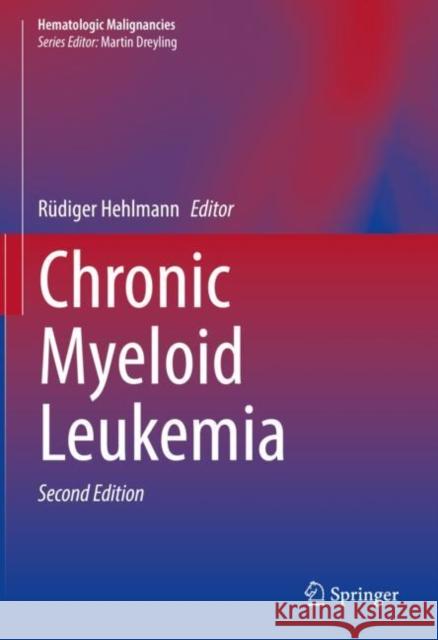Chronic Myeloid Leukemia » książka
topmenu
Chronic Myeloid Leukemia
ISBN-13: 9783030719128 / Angielski / Twarda / 2021 / 273 str.
Chronic Myeloid Leukemia
ISBN-13: 9783030719128 / Angielski / Twarda / 2021 / 273 str.
cena 441,75
(netto: 420,71 VAT: 5%)
Najniższa cena z 30 dni: 424,07
(netto: 420,71 VAT: 5%)
Najniższa cena z 30 dni: 424,07
Termin realizacji zamówienia:
ok. 22 dni roboczych.
ok. 22 dni roboczych.
Darmowa dostawa!
Kategorie BISAC:
Wydawca:
Springer
Seria wydawnicza:
Język:
Angielski
ISBN-13:
9783030719128
Rok wydania:
2021
Wydanie:
2021
Numer serii:
000318624
Ilość stron:
273
Waga:
0.77 kg
Wymiary:
25.91 x 19.81 x 1.78
Oprawa:
Twarda
Wolumenów:
01











